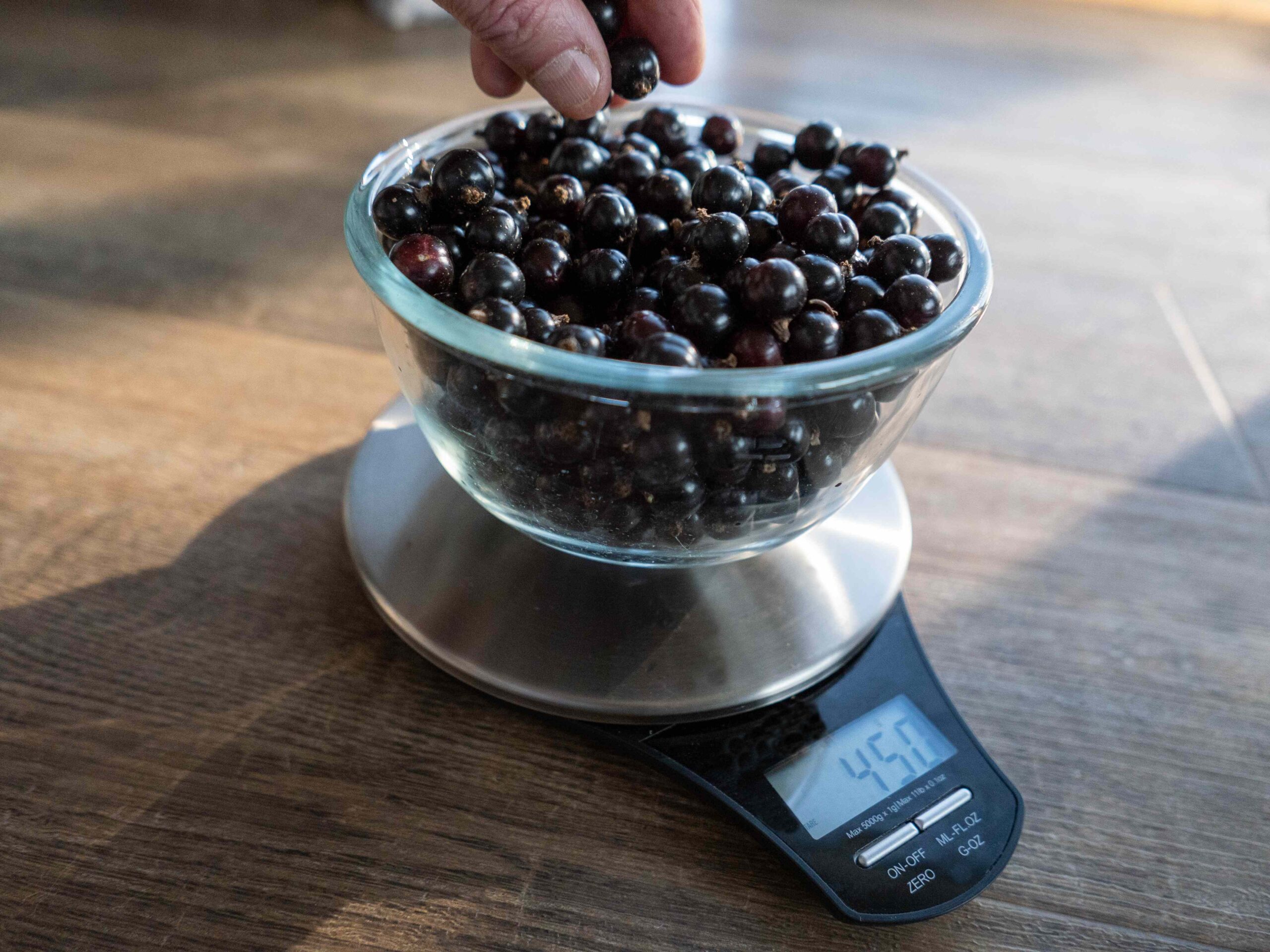:max_bytes(150000):strip_icc():format(jpeg)/Health-GettyImages-CaffeineAndMagnesium-rt-9d4809d49cd04f55a2c8a10b6cad87a2.jpg)
Caffeine gives you energy. But could your morning cup of coffee be depleting your magnesium?
Magnesium is a mineral found in certain foods and supplements. It’s necessary for several body functions, including energy production, bone health, and muscle and nerve health. Caffeine’s diuretic nature may lower magnesium levels in the body, leading to unwanted complications. Luckily, there are ways to offset these effects.
Your kidneys regulate the magnesium in your body by keeping what you need (or reabsorbing) and removing what you don’t need through your urine. Caffeine can disrupt this process in the following ways:
- Caffeine is a natural diuretic, meaning it helps your body eliminate fluids and electrolytes through your urine. This can lead to dehydration. Your body loses about 1.17 milliliters of water for every milligram (mg) of caffeine consumed.
- Diuretics also cause your kidneys to flush out more magnesium before your body can absorb it. This can lead to low magnesium levels.
- Caffeine may also affect how well your intestines absorb magnesium, potentially lowering magnesium levels.
Magnesium deficiency (or hypomagnesemia) is more common than you might think. Nearly half of people in the U.S. don’t get enough magnesium. Possible hypomagnesemia symptoms include:
- Arrhythmia (abnormal heartbeat)
- Fatigue
- Anxiety, stress, or mood changes
- Loss of appetite
- Nausea or vomiting
- Muscle cramps or spasms
- Seizures
- Weakness
Severely low magnesium can also lower other electrolyte levels, like calcium and potassium.
Consult a healthcare provider if you experience any of these symptoms.
The effects of caffeine may vary based on your individual sensitivity and how quickly it is eliminated from your body. According to the United States Food and Drug Administration (FDA):
Common sources of caffeine include:
- Coffee (8 oz): 95-200 mg
- Energy drink (8 oz): 70-100 mg
- Tea (8 oz): 14-60 mg
- Soda (12 oz): 35-45 mg
| What Is the Recommended Magnesium Intake? | |
|---|---|
| Males (19-30 years) | 400 mg |
| Males (31+ years) | 420 mg |
| Females (19-30 years) | 310 mg |
| Females (31+ years) | 320 mg |
| Pregnant people (19-30 years) | 350 mg |
| Pregnant people (31-50 years) | 360 mg |
In addition to caffeine, these factors may reduce your magnesium levels:
- Poor diet or malnutrition
- Fluid loss (such as from heavy sweating or diarrhea)
- Medical conditions that affect nutrient absorption
- Excessive urination
- Alcohol use
- Certain medications (e.g., diuretics, laxatives, some chemotherapies)
If you’re worried about your magnesium levels, there are several things you can do to improve magnesium absorption.
1. Eat Magnesium-Rich Foods
Dietary sources of magnesium include:
- Leafy greens (spinach, kale)
- Whole grains (brown rice, oats)
- Nuts and seeds (pumpkin, chia, almonds)
- Legumes (lentils, black beans)
2. Consider Supplements
Magnesium supplements come in many forms, such as oxide, citrate, and glycinate. Talk to a healthcare provider to determine which supplement is best for you.
3. Focus on a Balanced Diet
Other vitamins and minerals may also affect magnesium levels. Eating a nutritious, well-balanced diet can help your body absorb minerals better overall.
To enjoy your morning coffee without compromising magnesium:
- Cut back on caffeine or choose decaf. Note: Decaf coffee still contains some caffeine.
- Stay hydrated to offset caffeine’s dehydrating effects.
- Eat more magnesium-rich foods or talk to a medical provider about supplements.
Caffeine’s diuretic properties may reduce magnesium levels. This can lead to unwanted complications, such as muscle cramps or seizures. Keeping your magnesium intake steady through diet and supplements can help offset caffeine’s impact.
Consult a healthcare provider for personalized guidance if you’re concerned about your caffeine or magnesium levels.




